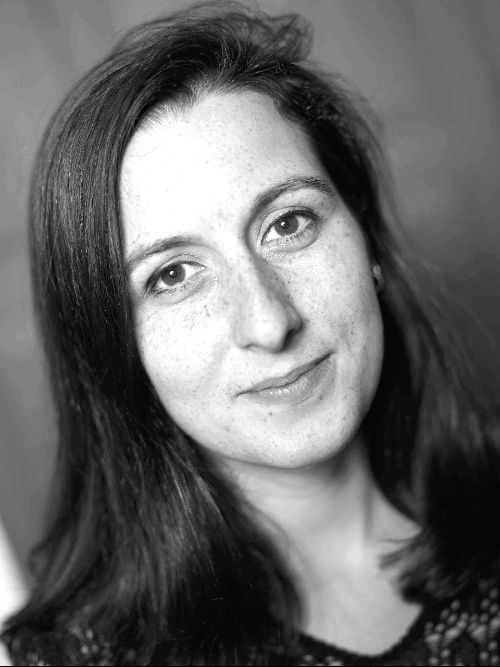
July 25, 2006, by Peter Kirwan
Public Spaces And Private Places @ The Shakespeare Centre
MAY 24TH 2006 (backdated)
I’m writing this blog in part for the CAPITAL Centre, a collaboration between the University of Warwick and the RSC. CAPITAL, and the RSC‘s Education department, are putting on over the course of the year a short series called ‘Slants On Shakespeare’, which are getting academics and practitioners together in the same room to give different perspectives on aspects of Shakespeare.
It’s also my chance to embarrass Duska Radosavljević, who’s chairing all these events, with a massive picture of her that I couldn’t work out how to shrink down… (sorry Duska!)
This particular event focussed on ‘Antony and Cleopatra’, featuring the academic Bridget Escolme who wrote the Macmillan handbook on the play, and actress Harriet Walter who is starring in the current RSC production.
The talk based itself on the theme of performance space, and the dynamics of speaking ‘publicly’ or ‘privately’. It was an interesting debate, focussing on the different types of performance space and the relationship between actor and audience. It related interestingly to the current production, as it’s the first time ‘Antony’ has been put on in the relatively intimate Swan Theatre, and Walter in particular talked about the impact being so close to an audience has on her performance.

Antony and Cleopatra almost never have time to themselves in the play, as the stage is always so full of servants, soldiers etc., and Escolme talked about this, about the lack of privateness in the play and the ways in which the two lead actors have to build a sense of intimacy while continually in the public eye.
An interesting talk, which hopefully will give me something to think about should I make it to another performance of ‘Antony’. As an event it’s a really nice idea, as it’s constructed to allow interested audience members the chance to go a bit deeper into the play without getting too bogged down in academia. Having an actor present to talk about the practicalities of the academic’s theory was also a nice touch, and the differences of opinion between the two were of particular interest, hearing how Shakespeareans from two very different professions approach the same problem.
No comments yet, fill out a comment to be the first

Leave a Reply